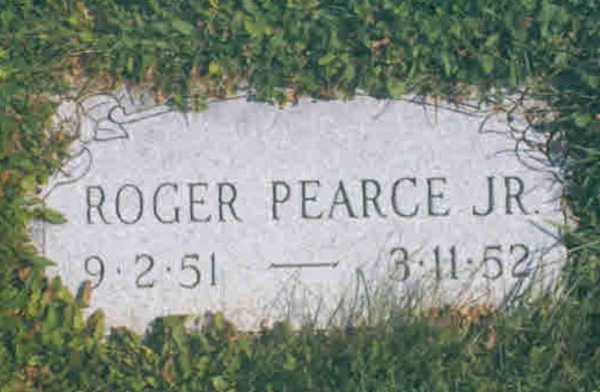Science School for Jurists

Photo by iStockPhoto.com
Pima County, Ariz., Superior Court Judge Michael Miller didn’t set out to get an advanced education in the fields of science, medicine and technology. But when the opportunity to do so presented itself, Miller jumped at the chance.
Through a private program known as ASTAR, Miller and some 200 other judges from 39 state and federal jurisdictions have started getting specialized education in the advanced scientific, medical and technological issues that are arising with increasing frequency in courtrooms across the country.
The 2-year-old Washington, D.C.-based ASTAR —short for the Advanced Science and Technology Adjudication Resource Center Inc.—provides free training to judges selected for the advanced study by their jurisdiction. Funding comes from a Justice Department grant, says ASTAR president Franklin M. Zweig.
“The whole idea is to enhance the capacity of the courts by having teams of judges in each jurisdiction who are familiar with—and trained in—the handling and management of scientific and technical evidence in complex cases,” Zweig says.
The training isn’t easy. Judges must complete 120 hours of course work divided equally between classroom instruction and homework, take a continuing educational course every two years, and commit to remaining on the bench for five years after completion of the course. Even before they start, participants must attend a three-day boot camp, where they are given a crash course in basic science and tech terminology for subjects like molecular biology and genetics.
Judges who successfully complete the program may be certified as ASTAR “fellows,” but the value of the certification—or of the training—in the nation’s courtrooms remains to be seen. While ASTAR hopes that its judicial fellows will preside over specially designated cases, become mediators or serve as a resource to other judges, participants say the training has been useful—but only to a point.
Canton, Ohio, ASTAR fellow Lee Sinclair says a seminar he attended on the diagnosis and treatment of cancer helped him better negotiate a settlement in a med-mal case over a cancer misdiagnosis because he was able to more intelligently question the parties. It also made him more empathetic toward the plaintiff.
“The training didn’t make me an expert,” he says. “But it has helped make me a better, more well-rounded judge.”
The group is soliciting ideas on how to best use fellows like Sinclair and how to create model programs. Until then, the jury is out.



